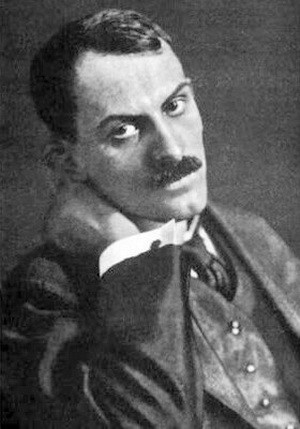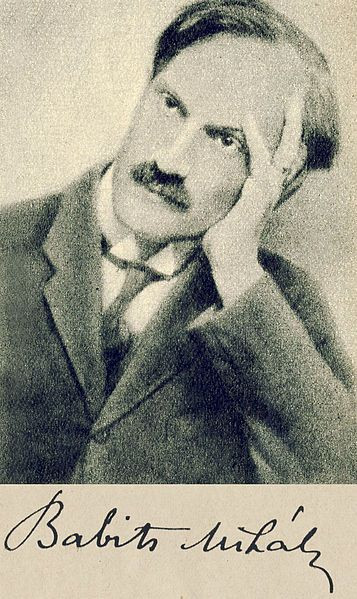Babits Mihály
Настоящее имя: Babits Mihály
Об исполнителе:
Hungarian poet, author, translator and literary. Born: 26 November 1883, Szekszárd, Hungary. Died: 4 August 1941, Krisztinaváros (Budapest), Hungary. He studied at the University of Budapest from 1901 to 1905, where he met Kosztolányi Dezső and Juhász Gyula. He worked to become a teacher and taught at schools in Baja (1905 – 1906), Szeged (1906–1908), Fogaras (1908 – 1911), Újpest (1911), and Budapest (1912 – 1918). His reputation for his poems in the literary life started in 1908. He made a trip to Italy in the same year, which made him interested in Dante; he made several other trips in later years. This experience led him to translate Dante's Divine Comedy (Hell, 1913, Purgatory, 1920, and Paradise, 1923). Briefly after the Hungarian Revolution of 1919 he became a Professor of Foreign Literature and modern Hungarian literature at Eötvös Loránd University, but was soon removed for his pacifism after the revolutionary government fell. In 1911, he became a staff writer on the magazine Nyugat. Babits' 1918 novel The Nightmare (also known as King's Stork) is a science fiction novel about a split personality influenced by Freudian psychology. Elza Pilota, vagy a tökéletes társadalom ("The Pilot Elza, or the Perfect Society") is set in a utopian future. In 1921 married Tanner Ilona, who later published poetry under the name Török Sophie. Two years later he moved to Esztergom. In 1927 he became a member of the "Kisfaludy Társaság" (Kisfaludy Society) and in the same year he was made a trustee of the Baumgarten Prize. He became the editor-in-chief of Nyugat in 1929 (sharing the role until 1933 with Móricz Zsigmond), a position he held until his death. In 1937, he was diagnosed as having laryngeal cancer.
Альтернативные названия:
Вариации названий:
Various
Singles & EPs Vinyl 1964 Hungary
7", 45 RPM, EP, Mono

